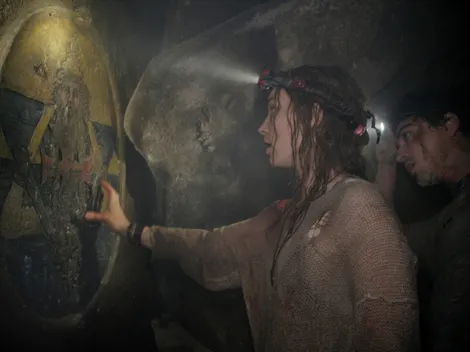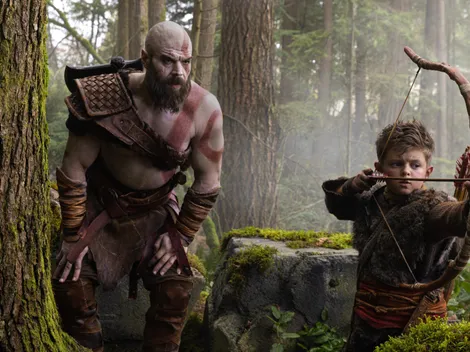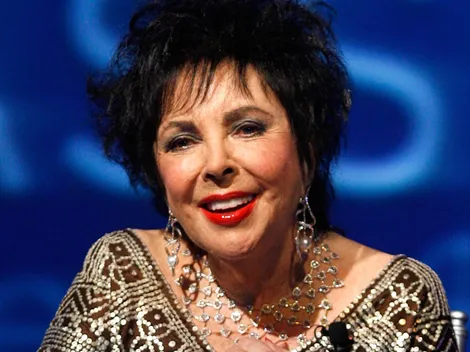Since the release of the historical Japanese drama “Shogun” on Hulu, viewers across streaming platforms have been craving more productions of a similar nature, leading to a surge in interest for titles centered around Asian history. Now, Netflix is entering the trend once again with “Uprising,” a South Korean war action film that is set to make a major impact on the platform.
Chosen as the opening movie for the 29th Busan International Film Festival on October 2, the title has already garnered significant attention. Its selection for such a prestigious event signals not only its quality but also the anticipation surrounding its release.
As is often the case with historical dramas, viewers are eager to uncover the real-life events that drive the story. With “Uprising” slated to climb the charts after its release on October 11, here’s everything you need to know about the true story behind the film.
All on the real-life historic events that crafted ‘Uprising’
“Uprising” has brought together the finest talent in Asian cinema to depict one of the most important moments in Korean history. Directed by Kim Sang-jin, known for “The Tenor” and “Midnight FM,” the movie features a stellar cast including Gang Dong-won, Park Jeong-min, Kim Shin-rok, and Jin Seon-kyu. Adding further weight to the production is the screenplay, penned by the acclaimed Park Chan-wook, whose work on “Oldboy” cemented his reputation as an iconic storyteller.
The picture is set in the Joseon Dynasty and revolves around two childhood friends who reunite as enemies after the war. The dynamic between the two, once master and servant, becomes a complex story of loyalty, betrayal, and the pursuit of freedom.
Though the main characters are fictional, the historical context of “Uprising” is firmly rooted in real events. It is set during the Japanese invasions of Korea (1592–1598), a brutal conflict in which Japan, under the leadership of Toyotomi Hideyoshi, launched aggressive military campaigns to conquer Korea. This war, marked by rapid advances and fierce resistance, serves as the backdrop for the Netflix drama.
The Japanese forces initially captured key Korean cities, including Seoul, but met strong resistance from the Korean navy, led by Admiral Yi Sun-sin. His innovative naval strategies, including the use of turtle ships, were crucial in disrupting Japanese supply lines. With the support of the Ming Dynasty of China, Korea eventually repelled the invaders, though the war left the country in ruins and reshaped regional politics.
While “Uprising” is set against this historical backdrop, it does not seem to feature real historical figures, except for King Seonjo, played by Cha Seung-won. Instead, it tells a more intimate, fictional story within the larger conflict. The production’s approach portrays the struggles of ordinary individuals whose lives are forever altered by the chaos around them, rather than showcasing the well-known figures of the time.





